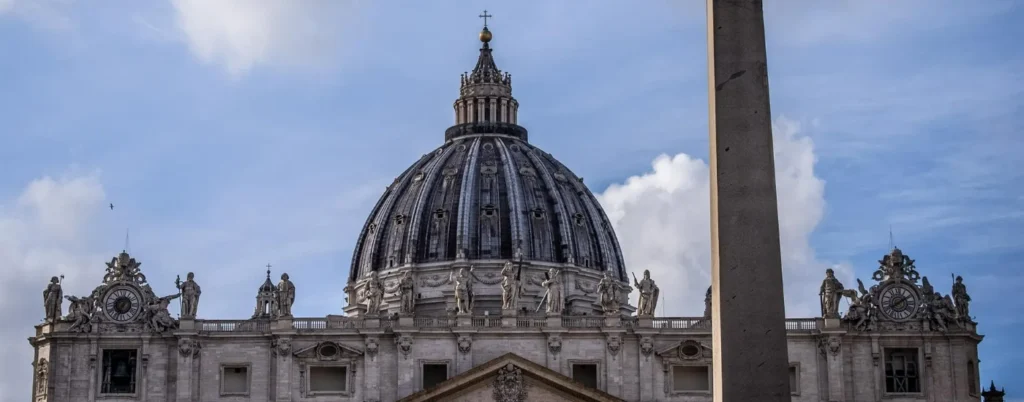Genesis 1:28 | “Be fruitful and multiply, fill the earth and subdue it; rule over the fish of the sea, the birds of the sky, and every living creature that moves on the earth.” With this biblical proverb, God presents and blesses humanity, commanding it to be fruitful, to reproduce and increase in number, so as not to perish or disappear. Humanity is entrusted with the task of governing the animals that inhabit the Earth, never to understand dominion as abuse, but rather as the power to exercise responsible stewardship over Creation.
Because humankind, endowed with both the capacity and the duty to govern it, and standing as the pinnacle of God’s Creation, bears the greatest responsibility for the Earth. Understanding this responsible stewardship as part of caring for our own existence, as well as for nature and animals themselves, Science has been advancing for many years.
In the scientific field, and with the commitment to use it responsibly, ethically, and with the utmost respect for animal welfare, genetic replication—what we understand as animal cloning—has emerged as a key practice.
This biotechnological application, placed at the service of life and biodiversity, has the approval and acceptance of the Catholic Church. Since its first discovery in 1996 with the birth of Dolly the sheep, the Catholic Church’s vision—understanding cloning as an ethical tool in service of creation—has never contradicted Catholic teaching and values.
Such is the Church’s understanding that among its affirmations it has approved this practice since the Pontifical Council for the Family drafted, back in 2003, the following document:
“…There are no special ethical objections to the cloning of individuals (to obtain their offspring) and non-human biological materials (for use for various purposes), if carried out responsibly; and there are no ethical objections to the traditional, and sometimes very ancient, use of such techniques in the plant domain, which has considerable advantages. There is no doubt that the use of cloning in zoology can produce great benefits. Improvements in the reproduction of livestock animals, reduced costs of certain meats, the possible application of cloning to save endangered species, and advances in experimental and pharmacological research, for example, make it advisable to continue exploring applications of cloning techniques in animal species,” states this official document drafted by Cardinal Alfonso López Trujillo, then-President of the Pontifical Council for the Family.
This is not a position that sparks controversy, since the contribution of animal cloning to humanity has undeniable ethical dimensions, as recognized by the Catholic Church—such as, among others, the protection of endangered species as part of a broader commitment to safeguarding biodiversity.
Cloning is a tool to preserve life, not a way to manipulate genetics without a common purpose. As Laudato Si’ reminds us in its call to protect the Earth: “to care for our common home.”
However, in a collective exercise of responsibility and by introducing ethical limits, cloning humans will never be morally acceptable—nor for Science. As the Holy See affirms: “The starting point of this debate was the firm will to prohibit reproductive human cloning.”
Since 1993, the International Bioethics Committee has dealt with this issue. The General Conference of UNESCO approved a “Universal Declaration on the Human Genome and Human Rights,” adopted in 1998 by the United Nations General Assembly, which declares that cloning for reproductive purposes is contrary to human dignity.
For this reason, it is important to distinguish between the Church’s position on animal cloning, which has been accepted since 2003, and human cloning, where rejection of this practice remains firm.

